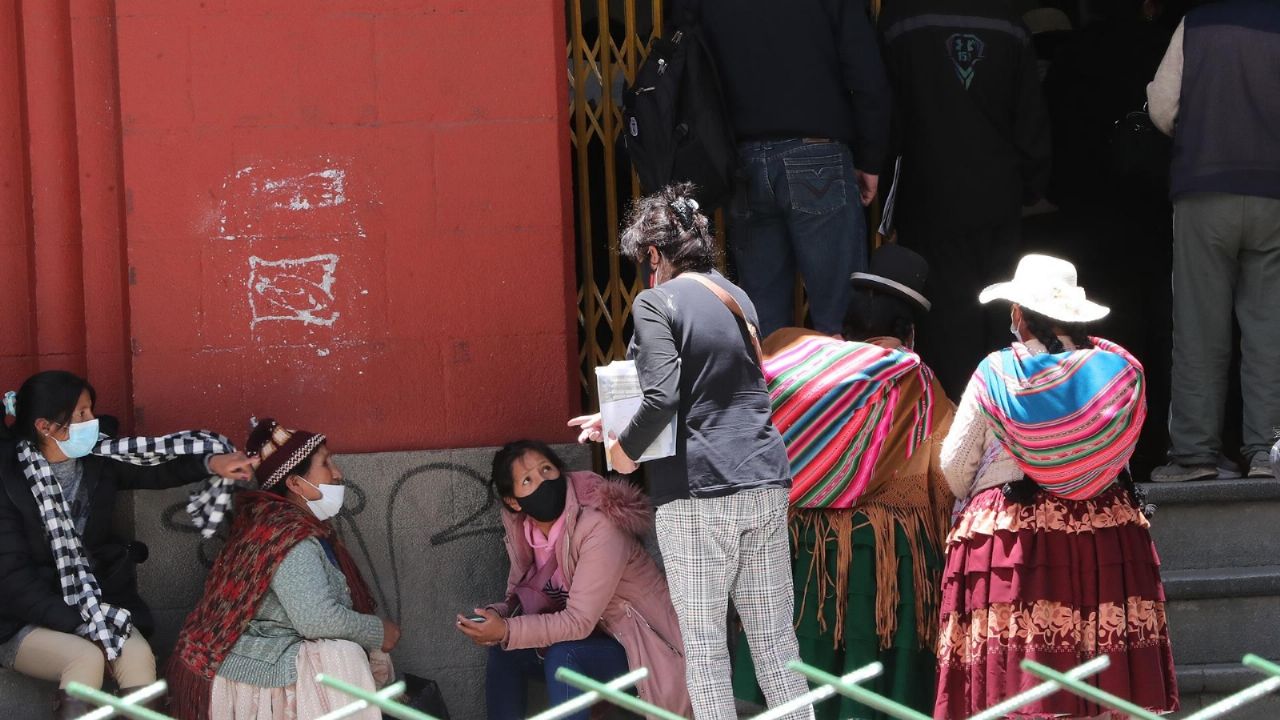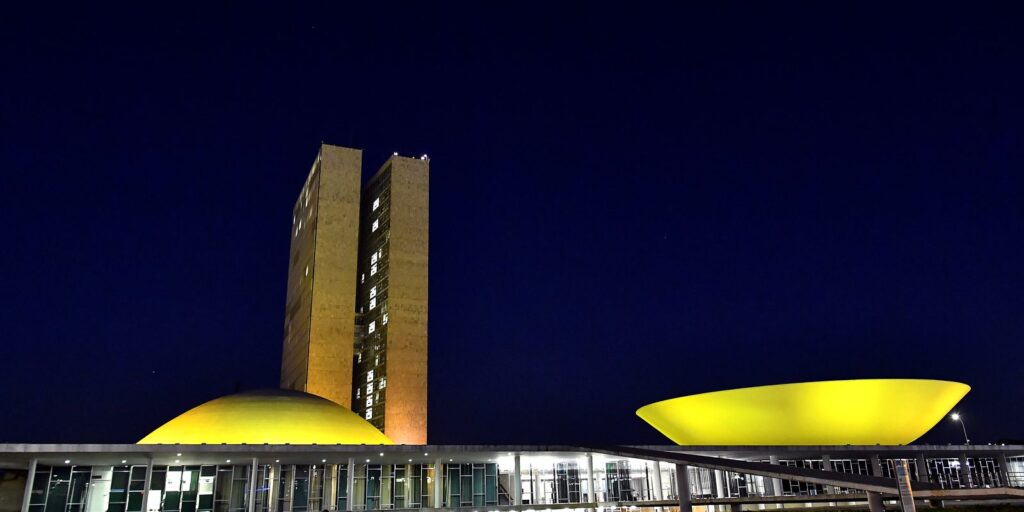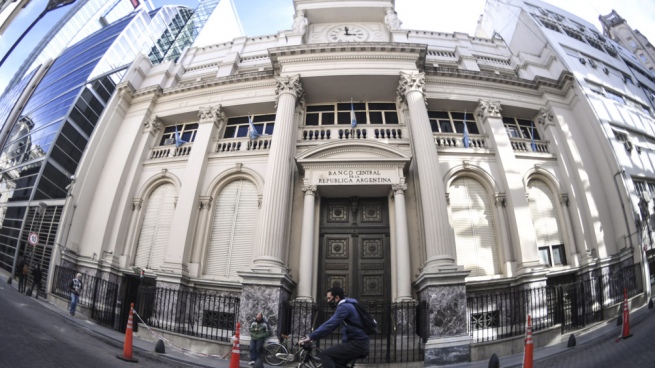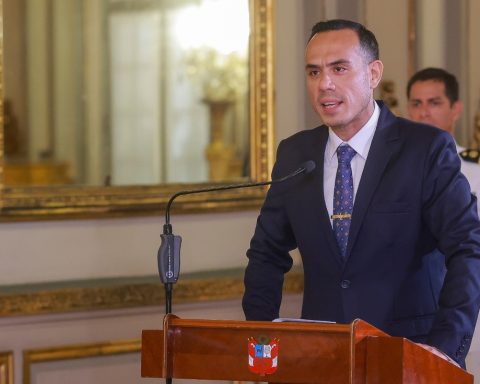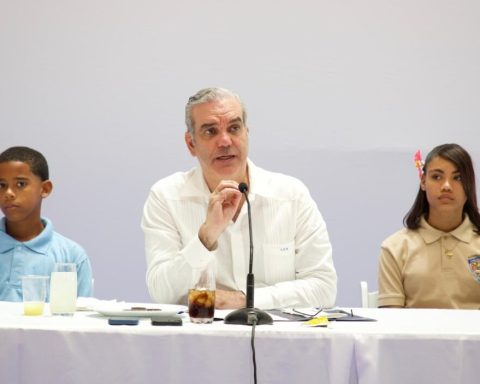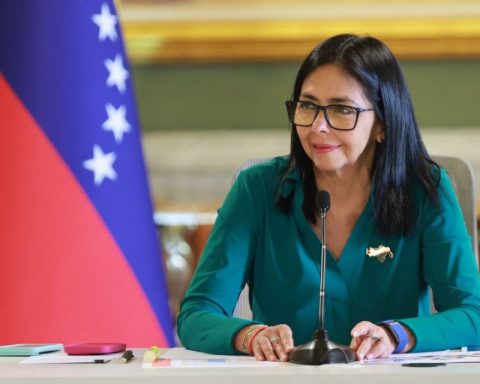EFE
Bolivia has proposed to revalue indigenous names, especially those from the Aymara, Quechua and Guaraní languages, in which meaning abounds, a task that runs counter to the increasingly growing intention of resorting to foreign references or fashionable characters.
Part of the dilemma is that Bolivia, with more than 11 million inhabitants, has about half of its population identified as indigenous and has gone through cultural processes of self-affirmation in recent years at the same time as globalization, the media and the internet. alternative models have been instituted.
This tension also reaches the names of newborns, among which the so-called Messi or Neymar can coexist with the Amaru or Túpac, and in the face of which initiatives such as the “Catalogue of Names” have emerged that seek to preserve identity local.
For fashion or euphoria
Many people “put names of players, depending on the time, movies, novels and, obviously, when the child grows up, they don’t like these (personal) data,” the director of the La Paz Civic Registry Service told Efe. (Sereci), Jesus Gomez.
You can also read: The new issue of Piedra de Agua is dedicated to indigenous languages
The official mentioned that he has heard of cases in which some parents have chosen names for their children such as Ricky Martin or the Lion King, Neymar or Messi, although in the latter case the spelling varies to Mexi or Mezi, depending on how they understand it.
In Gómez’s opinion, it is a phenomenon that occurs in a “general way” and that is not typical of rural areas but also occurs in urban sectors, since the designations come in the heat of euphoria for certain hobbies.
Given this, some Serecí have spread catalogs with names in Aymara, Quechua and Guarani, three of the 36 recognized cultures in Bolivia, for parents to consider without this implying an obligation, said Gómez.
name catalog
The Bolivian Electoral Body published at the end of 2018 the “Catalogue of Names”, a guide that seeks to explain and harmonize the writing and pronunciation of more than 3,000 indigenous names and whose dissemination was interrupted by the 2019 crisis and the pandemic, but resumed again .
Some Aymara names stand out in the catalog, such as Aruni (which has a word) or Mujsa (sweet) for women, Illapa (lightning power) or Inti (sun) for men, while in Quechua the feminine names Antawara (sunset) or Waylla (green grass) and the masculine Raymi (party) or Sumaq (beautiful).
You can also read: Peru rescues indigenous names such as Etsa, Shumay or Wayrq’aja
In Guarani there are Arasai (who does not renounce his culture) or Mimbi (who has wisdom) for women and Arakae (he who endures) or Avaguasu (strong) for men.
In statements to Efe, the Guarani anthropologist Elías Caurey mentioned, for example, that in that culture the name “is not something chosen at random” but rather “is closely linked to the essence” of the person and that in “other times “, even, it was something that had to be changed when “the merit was not done” of wearing it honorably.
On the other hand, the Aymara sociologist Pablo Mamani considered that “a policy at the government level” is needed to give value to the original nominatives in the face of what he considered “a racist turn” that stigmatizes certain names.
The names as contradiction
Mamani told Efe that sticking to foreign fashion is due to the need to project an image of modernity and thus “have the chance to dispute spaces of power with the other,” although he clarified that this does not change the social condition, being a expression of a “heavy colonization”.
You can also read: An exhibition reveals indigenous art from all over Bolivia
The expert recalled that the assignment of names has had several stages, such as in the 1960s or 1970s in which native surnames such as Perqa, Mamani or Colque were converted to Spanish to Paredes, Aguilar or Plata, respectively, to achieve acceptance.
Over time there was a process of self-affirmation and in the last period many politicians and leaders have chosen to give their descendants “subversive names”, although “young couples” also prefer to use Asian or Anglo-Saxon names due to the influence of social networks, mentioned.
For Caurey, in the Guarani culture there has been the phenomenon of “combining names” as a way of avoiding acts of harassment or discrimination, presenting one to the “outside”, which can be Spanishized or English, and another in Guaraní, which is used in the community.
“It is good that we globalize ourselves with our identity before they globalize us,” said this expert in the sense of taking advantage of the new possibility of identity that digital platforms provide.
